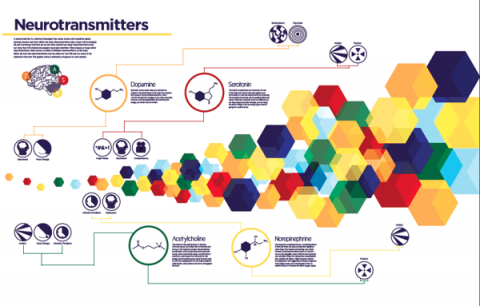Phi Theta Kappa Honor Society: The Truth Behind the Top 10% Claim
Jun 10,2024
Disclaimer: The author of this article is not a neutral party in the referenced litigation. HonorSociety.org Inc., Honor Society Foundation Inc., and its president Michael Moradian were sued in federal court by PTK on April 20, 2022 for False Designation of Origin, Trade Dress Infringement, and Unfair Competition. Honor Society and Michael Moradian countersued and are presently defendants/counter-plaintiffs in this litigation. Litigation is still ongoing and all claims made regarding this case are just allegations against the parties.
Phi Theta Kappa (PTK), purported as the world's largest honor society for community college students, often advertises that its members are in the "Top 10%" of their class. But how accurate is this claim? Recent investigations and data have brought to light some discrepancies that question the integrity of PTK's exclusivity claims. In this article, we delve into the truth behind PTK's top 10% claim and reveal the concerns that prospective members need to be aware of.
Understanding the Top 10% Claim
PTK frequently promotes that membership is reserved for students in the "Top 10%" of their class. This exclusivity is a major selling point for students looking to distinguish themselves academically. However, the reality may differ. According to PTK's own bylaws, the qualification for membership is a 3.0 GPA, although they generally claim to use a 3.5 GPA.
The Real Numbers
Data obtained from various community colleges suggest that PTK's membership often includes students beyond the top 10% of their class. Here are some examples:
- Oakton Community College: Students with a 3.5 GPA make up the top 44%.
- Wor-Wic Community College: A 3.5 GPA places students in the top 45%.
- Waubonsee Community College: Depending on the term, a 3.5 GPA includes students from the top 42% to 63%.
- Sussex Community College: Students with a 3.5 GPA are in the top 28%.
- Alvin Community College: A 3.5 GPA means being in the top 34%.
- Illinois Valley Community College: A 3.5 GPA covers the top 31%.
These figures highlight a potential discrepancy between PTK's advertised exclusivity and the actual percentage of students eligible for membership.
Letters of Recommendation
PTK issues letters of recommendation signed by CEO Lynn Tincher-Ladner, stating that members are in the top 10% of their class. These letters are intended to support students' academic and professional endeavors. However, it's important to verify the accuracy of such claims to ensure they reflect the student's actual class rank.
Scholarship Promises
PTK promotes access to $246 million in scholarships as exclusive to its members. However, many of these scholarships are available to all students, not just PTK members. The claim that the "average member gets $2,500 a year" in scholarships has been disputed, suggesting that students should carefully evaluate the financial benefits of joining PTK. For more detailed information on the truth behind these scholarship claims, read our comprehensive guide on Phi Theta Kappa Scholarships.
Social Media Evidence
Social media platforms show many students receiving PTK invitations stating they are in the "Top 10%" of their school and have exclusive access to $246 million in scholarships. These claims may not always be verified, and students should critically assess the information provided.
Example: A TikTok video shows a student with a 3.29 GPA invited to PTK, despite not being in the top 40% of her class, yet she was told she was in the top 10%.
Why This Matters
Joining an honor society like PTK is a significant decision that involves time, effort, and money. Ensuring the accuracy of membership claims is crucial for students making informed decisions. If you're wondering whether PTK is truly worth joining, take a closer look at our in-depth analysis on Is PTK Worth It?
Conclusion
As more details about PTK's practices come to light, it's essential for students, educators, and institutions to critically evaluate the claims made by honor societies. Transparency and honesty are fundamental to maintaining the integrity of academic honors. Before deciding to join PTK, consider the evidence and question whether it truly aligns with the values and exclusivity it advertises. For a detailed overview of PTK's practices and the ongoing legal scrutiny it faces, visit our Phi Theta Kappa Lawsuit Summary.
For more detailed insights into Phi Theta Kappa's practices and to stay informed about ongoing developments, visit our comprehensive Phi Theta Kappa Honor Society Summary.






